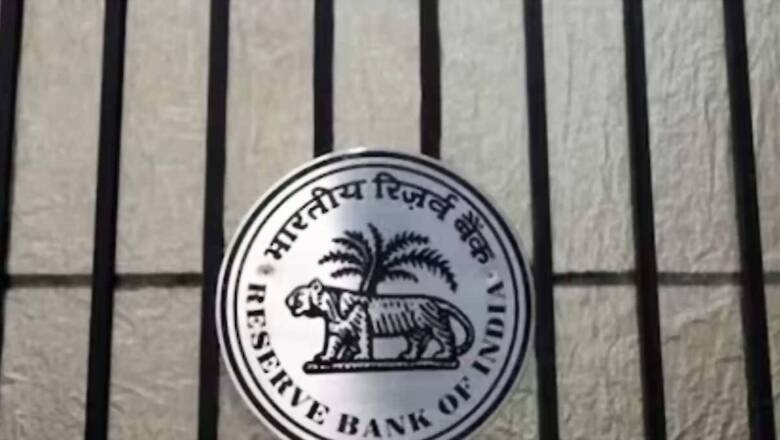
views
Populism will become more unsustainable for state governments, which are unable or unwilling to improve revenue deficits since central grants may henceforth be based on the quality of expenditure and fiscal sustainability.
In other words, the expenditure state governments incur on salaries, pensions, subsidies — items which do not lead to any asset creation but which combine to increase the overall deficit — will need to be kept in check going forward, as per a report by the Reserve Bank of India (RBI). The deficit may not all get papered over through central grants as has been happening till now.
Revenue expenditure involves money spent on items such as salaries, pensions, subsidies, and interest payments, which do not lead to the creation of assets. According to a PRS Legislative analysis, recurring revenue deficits by states reduce the space to undertake capital outlay (spending towards creation of assets), as the FRBM Acts have placed limits on borrowings in a year. Successive Finance Commissions have also recommended that states should eliminate revenue deficit but since 2016-17, states on aggregate have observed a revenue deficit. Higher the revenue deficit, greater is the debt the state government needs to get through the fiscal year.
The RBI’s warning against rising revenue deficits came despite the overall fiscal outlook of state governments remaining favourable for 2023-24. In the report titled ‘State Finances: A Study of Budgets of 2023-24’, RBI data shows combined gross fiscal deficit (GFD) at 2.8% of GDP, which is below the Budget Estimates for the second consecutive year. The report says this reduction was achieved primarily through a reduction in the revenue deficit while sustaining robust capital outlays. The total outstanding liabilities of states are also expected to fall to 27.6% of GDP for 2023-24 from the peak of 31% in 2020-21. However, outstanding liabilities may remain higher than 30% of gross state domestic product (GSDP) for many states, the report said.
This is what probably led the RBI to warn against increasing populist spends.
The PRS Legislative Analysis shows that the 15th Finance Commission recommended revenue deficit grants worth Rs 2.95 lakh crore to 17 states between 2021-22 and 2025-26. Of this amount, an overwhelming 87% has already been awarded in the first three years. So, as the grants become substantially lower in the next two years (2024-25 and 2025-26), state governments would necessarily have to augment their own sources of revenue or cut expenditure to maintain revenue balance.
“Kerala, which received Rs 4,749 crore as revenue deficit grants in 2023-24, will not receive any grant in 2024-25,” the analysis said.
Not only rising revenue deficits, the RBI has also warned states against reverting to the Old Pension Scheme (OPS), since this too would significantly increase the burden on their respective finances and leave little room for expenditure on development and capital works. As per RBI estimates, the cumulative fiscal burden for states in OPS could be four-and-a-half times of the New Pension Scheme. Reverting to the OPS has been one of the promises of the Congress to gather support in states where it is already in power and it was one of the party’s major promises in the just-concluded assembly elections.
The RBI has done well to warn against fiscal populism. But are state governments listening?


















Comments
0 comment